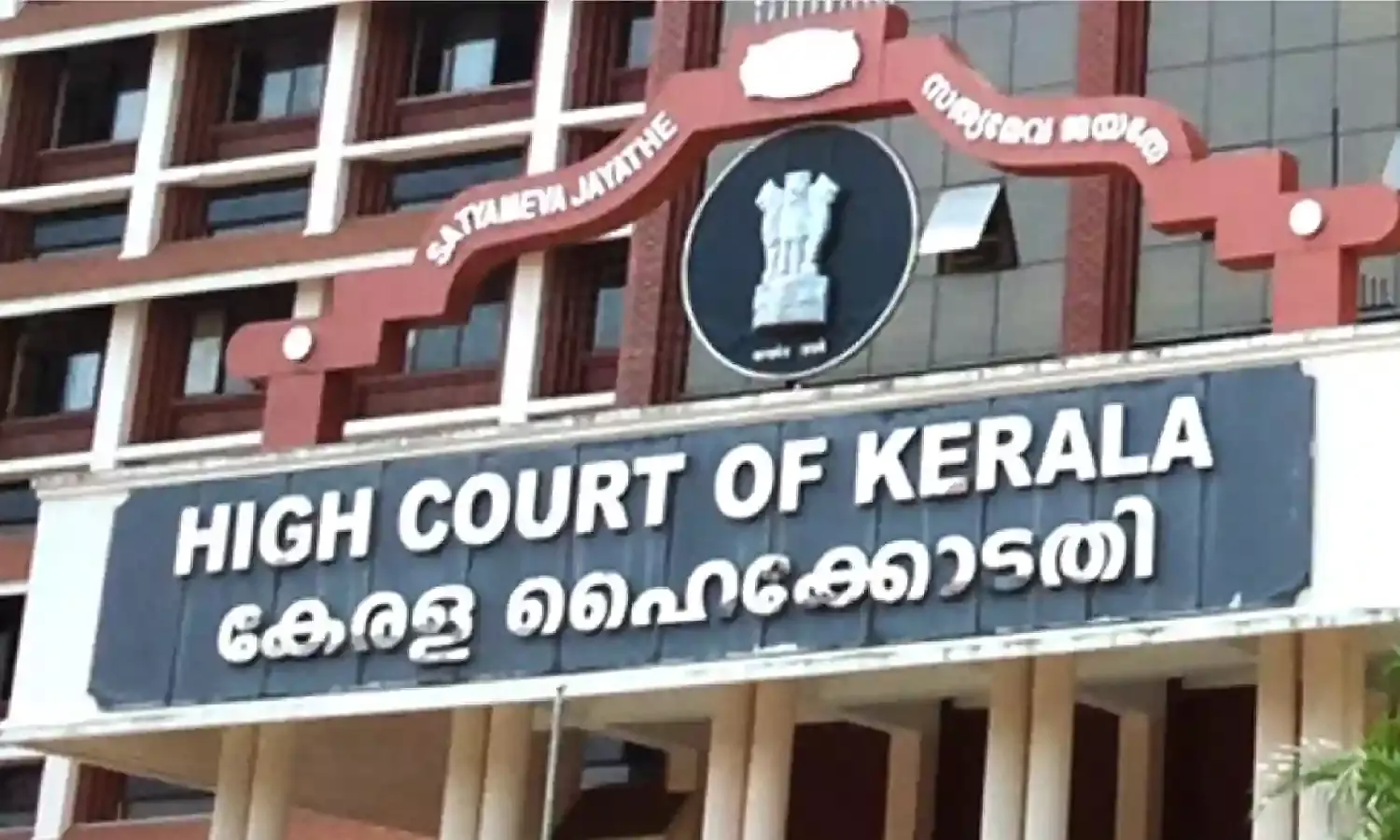All Persons Eligible To Perform Pooja Can Participate In Ritual-Devaswom Board Before HC About Controversial Temple Ritual
The Cochin Devaswom Board, which functions under the Kerala Government, has filed an affidavit in the suo moto case registered by the Kerala High Court.
The case was registered by the Division Bench of Justice Anil K. Narendran and Justice P. G. Ajithkumar, based on a newspaper report about the ritual, allegedly involving devotees of the Sree Poornathrayeesa Temple in Ernakulam washing feet of 12 Brahmins as atonement for sins.
On February 8, the Standing Counsel for the Board had informed the Bench that it is the 'Thantri' or the head priest of the temple who washes the feet of Brahmins and not the devotees, as a part of a ritual called '12 Namaskaram', and the same was recorded in the order of the Court. (read report)
Now an affidavit has been filed by the Board citing Section 73 of the Travancore Cochin Hindu Religious Institutions Act, 1950, which states that it is a duty of the Board to ensure that traditional rites prevalent in the institution are performed promptly.
The Affidavit states that "It is also trite law that the rituals and ceremonies in the temple of Sree Poornathrayeesa at Thripunithura shall continue to be executed as hitherto by the Ruler of Cochin".
The Board states that the ritual is being performed for hundreds of years and involves the Thantri (head priest) washing the feet of the 12 persons, equating them to gods, and thereafter serving them food that is first served to the deity. It also states that only such persons are involved in the ritual, who have obtained "brahmopadesham".
The Board states further that the ritual known by different names, including "kaalkazikichu ootu" and "12 namaskaram" is done as a part of the pooja performed in the temple.
Interestingly, the Board states that pursuant to a meeting with the member of Akhila Thanthri Samajam, it has been decided to rename the ritual as "Samaradhana" and that from now onwards "all persons eligible for performing pooja in the temple will be eligible to participate in the ritual".
The decision to allow all persons eligible to perform pooja to participate in the ritual will mean that persons of all castes, who are trained to perform pooja will now be able to participate in the ritual.
The news report based on which the suo moto proceedings were initiated by the High Court had portrayed the ritual as one involving non-brahmins washing the feet of brahmins. Though, the news report did not say so expressly, the pictorial depiction along with the new report implied so. It was for this reason that the High Court had initiated suo moto proceedings.












